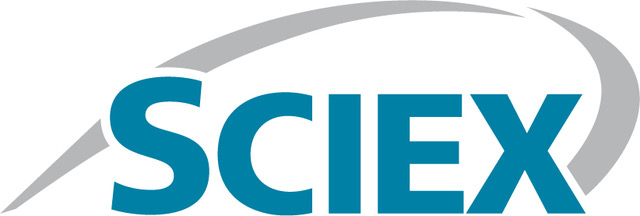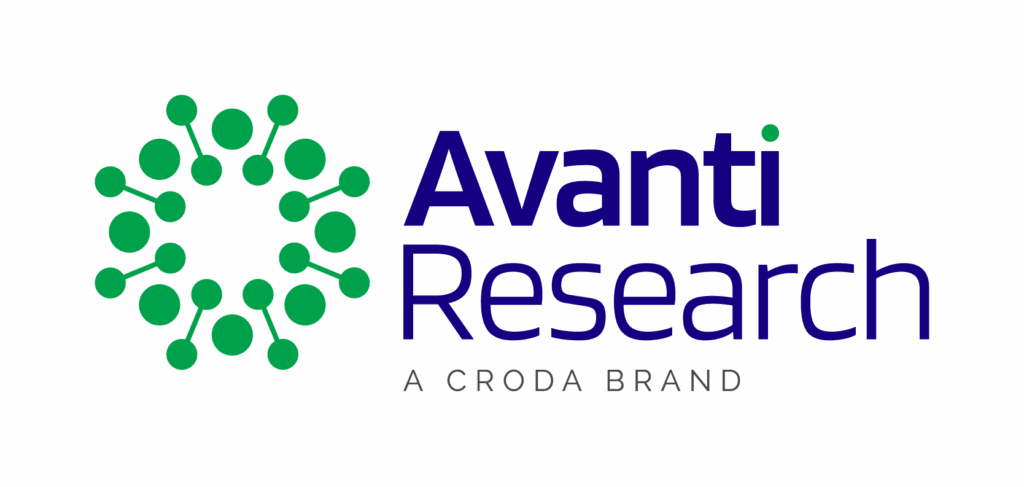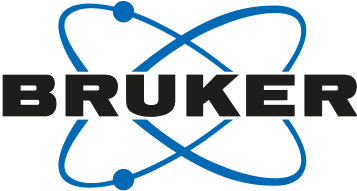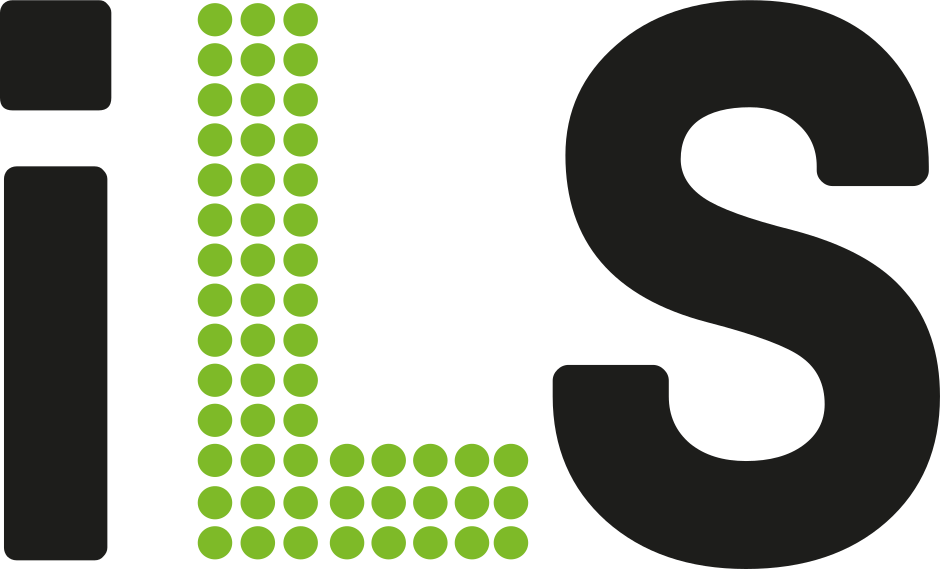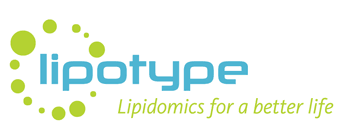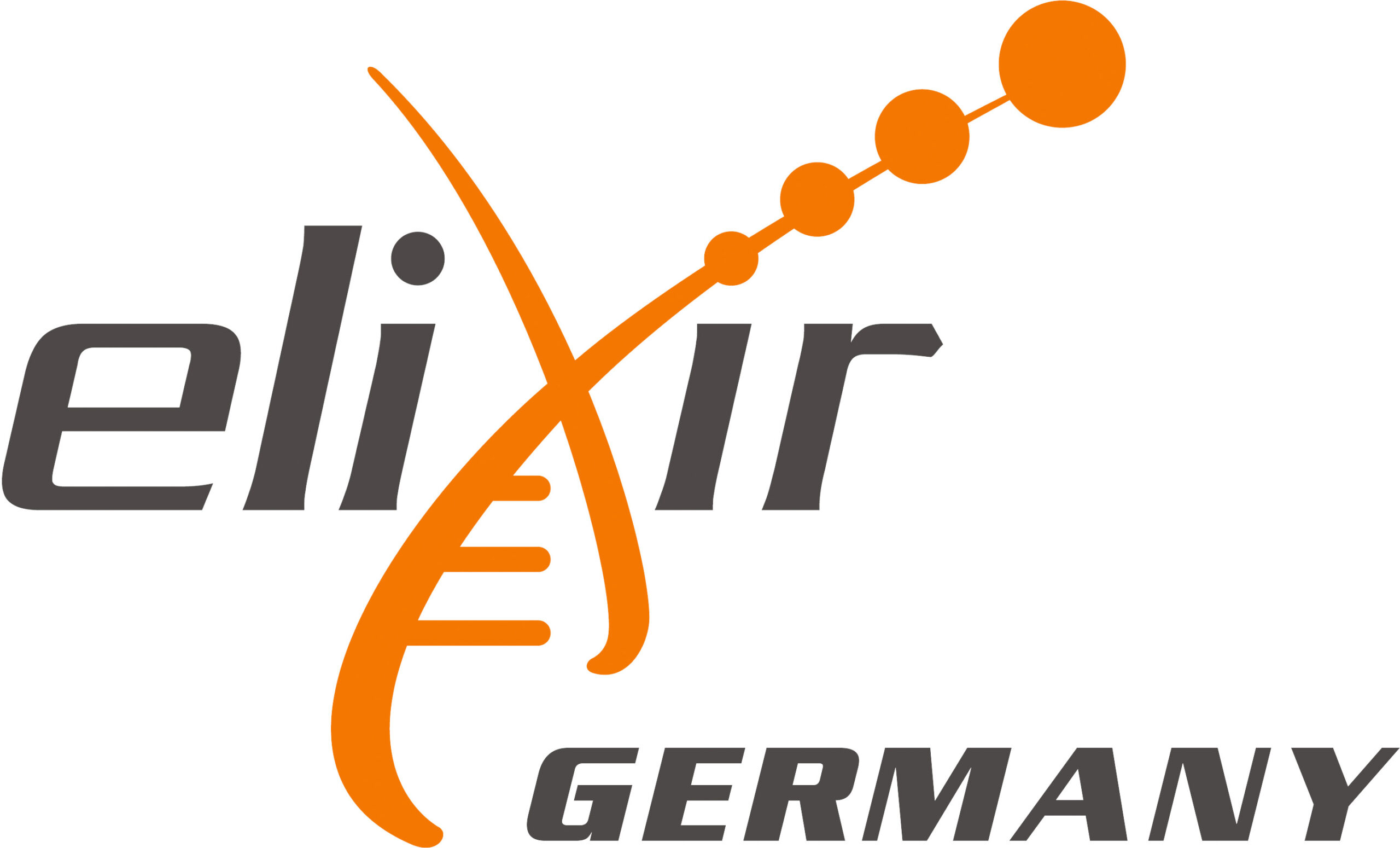Workshops
Workshop – LIFS Bioinformatics Training
Date:
August 27th, 2023, 9:00 – 12:00, 13:00 – 15:00 (CEST)
Educators:
Dominik Kopczynski, Nils Hoffmann (de.NBI, BioInfra.Prot / LIFS)
Deadline for Workshop Registration:
Until capacity is reached.
Contents:
In the first part of the course, we will work through an example for targeted LC-MS lipidomics with LipidCreator and Skyline. In the second part of the course, we will apply PeakStrainer and LipidXplorer for filtering, identification and quantification of lipid signals from shotgun lipidomics. The course will consist of a short theory and background overview of the employed programs complemented by the application of the tools to provided data sets. The third part of this course will work through a typical use-case of downstream data processing of shotgun lipidomics data following MS acquisition with LipidXplorer. We will inspect, check and normalize the data as well as calculate absolute quantities using internal class-specific standards with lxPostman. In part four, we will then perform a qualitative and quantitative comparison of the lipidomes using the LipidSpace
Morning
09:00 – 09:30 Part 1: Welcome and Introduction
09:30 – 11:00 Part 2: Targeted Lipidomics with LipidCreator and Skyline
11:00 – 12:00 Part 3: Shotgun Lipidomics with LipidXplorer
12:00 – 13:00 Lunch Break
Afternoon
13:00 – 13:30 Part 4: Quantification of Shotgun Lipidomics data with lxPostman
13:30 – 14:30 Part 5: Lipidome comparison with LipidSpace
Learning goals:
Participants will be able to understand and explain the shotgun MS and targeted LC-MS workflows for lipidomics. They will learn the fundamentals of the software tools used and how to choose parameters for them. They will learn to understand and interpret the results of each step of the pipeline.
Prerequisites:
Basic knowledge of lipidomics, analytical workflows in lipidomics and basic familiarity with web-based and desktop applications. Please note that you may need to install software on your computer to fully participate in all exercises which may require the proper rights. The workshop will be a mix of small lecture segments and hands-on exercises. The trainers will be available for questions and assistance during the workshop.
Keywords:
Lipidomics, Shotgun, Targeted, LC-MS
Tools:
PeakStrainer and LipidXplorer, lxPostman, LipidCreator, Skyline, LipidSpace
Registration:
Please select the “LIFS Bioinformatics Training” in the Workshops section of the conference registration. Capacity is limited to 30 participants.
Workshop – LipiTUM Workshop
Date:
August 27th, 2023, 9:00 – 13:00 (CEST)
Educators:
Nikolai Köhler, Vivian Würf, Cemil Can Saylan & Josch Pauling
Deadline for Workshop Registration:
Until capacity is reached
Contents:
The course will start with an introductory presentation on the theoretical background. A hands-on application will follow, where we will explain the basic workflow for clustering and sample stratification along with possible options and caveats. Participants will identify sample groups and characterize them based on their lipidomics signatures. The second part will be dedicated to analyzing lipid metabolic networks with the Lipid Network Explorer (LINEX). Again, a short theoretical introduction will be followed by a practical example with public lipidomics data. We will go through possible visualizations and how to analyze and interpret quantitative lipid data in the context of lipid reaction networks.
09:00 – 09:45 Welcome and Introduction to clustering and sample stratification
9:45 – 10:30 Sample stratification and signature extraction with MoSBi
10:30 – 11:00 Introduction to pathway analysis
11:00 – 11:45 Lipid metabolic network analysis with LINEX
11:45 – 12:00 Questions and Discussion
Learning goals:
Participants will learn how to analyze and explore lipidomics data using biclustering and lipid metabolic networks. They will stratify lipidomics samples and draw conclusions based on functional associations between lipids. This will allow them to biologically interpret the results. They will be able utilize the respective software tools for different experimental settings and to choose the appropriate settings based on their research question.
Prerequisites:
Basic knowledge about lipidomics, biochemistry and statistics is recommended, but not required. The introductory lecture will provide you with the necessary information. All hands-on analysis will be performed using web-based tools, which only require a modern internet browser (Chrome or Firefox recommended). We suggest a spreadsheet program (Excel, LibreOffice or OpenOffice) to be able to view the example data. Course materials and example data will be provided at the workshop or shortly before.
Keywords:
Lipidomics, Data integration, Bioinformatics, Clustering, Stratification, Pathway analysis
Tools:
MoSBi, LINEX
Registration:
Please select the “LipiTUM Workshop” in the Workshops section of the conference registration. Capacity is limited to 30 participants.
First Meeting of the ILS Interest Group Microbial Lipids – Microbial lipidomics: Let’s capture a whole new world of lipids!
Date:
August 27th, 2023, 13:00 – 15:00 (CEST)
Discussion group leaders:
Justine Bertrand, Dominik Schwudke & Xue Li Guan
Deadline for Workshop Registration:
Until capacity is reached
Contents:
Microbes are capable of adapting to a vast range of natural environments, from the deep sea to the human body. This is reflected within a set of distinct lipid structures that are important for their survival. Besides being associated with human health and infectious diseases as bioactive and immunogenic compounds, microbial lipids also represent a highly valuable source of therapeutics and other commercial products. However, it remains mainly unexplored how many lipids exist in microbes; our knowledge of the diversity of microbial lipids and functions is rather fragmented. Advances in technology, particularly in liquid chromatography-mass spectrometry, have led to the revelation of novel lipids and facilitated mechanistic and functional studies on microbial lipid metabolism. In this workshop, we will bring together microbial lipid enthusiasts to share their strategies and the latest technologies for exploring microbial lipids’ biochemical space and functions. Through this session, we aim to initiate a platform for the community to work together on methods, data sharing, and structural analyses of microbial lipids.
Further information:
Visit: https://lipidomicssociety.org/interest_groups/microbial-lipids/
Agenda:
13:00 – 13:15. Welcome and introduction
13:15 – 13:45. Approaches used in microbial lipid analysis.
13:45 – 14:45. Challenges in microbial lipidomics and how can we move forward?
Discussion Points:
1) Building of an ILS microbial lipid resource:
Would you like to contribute ‘bacterial lipid dictionary’?
What quality for ID and structural confirmation is required?
2) Quantitation and Reporting.
3) Focus on specific Microbes – Pilot Studies.
14:45 – 15:00. Closing with action points
Join us in this mini-workshop if you are interested in studying lipids in bacteria, from pathogens that infect and cause diseases, studying the microbiome, which has protective roles in human health, and/or basic science on microbes.
Capacity is limited to 30 participants. No registration is needed.



